My Turn: Why is DCR logging our public forests?

STAFF FILE PHOTO STAFF FILE PHOTO
| Published: 02-20-2025 4:49 PM |
In a Feb. 5 My Turn piece, writer Rick Marble complemented DCR’s licensed foresters for their work on his own tract of forestland [“DCR’s careful management exemplary”]. His piece was critical of a January column in these pages by the Sierra Club Massachusetts forest protection team opposing a DCR logging proposal in Shutesbury as part of a wider effort to preserve publicly owned forests in the Quabbin, Ware, and Wachusett watersheds that supply clean water to more than 3 million residents, mostly in the greater Boston area.
These watershed forests comprise some of the largest areas of contiguous forest in southern New England, but they are also some of the most intensively logged. It was good to hear that Mr. Marble was pleased with the work of his DCR forester, but the column he objected to dealt not with the question of whether DCR provides helpful assistance to private forest owners, but rather with the question of whether intensive logging is the best way to care for the forestlands owned by the people of Massachusetts.
We now face multiple global environmental crises, including climate disruption, biodiversity collapse,and shrinking freshwater supplies. Intact natural forests can help with all of these, but only if we allow forests to get on with the job by limiting the degradation that logging always entails. As noted in the report of the Climate Forestry Committee established by Gov. Maura Healey: “Unsurprisingly, disturbing the forests of Massachusetts as little as possible and allowing forests to grow and age through passive management is generally the best approach for maximizing carbon, ecological, and soil health.”
It is sometimes argued that logging is necessary to protect the water supply, but DCR’s Division of Water Supply Protection, the agency responsible for logging the watersheds, has acknowledged in the forestry committee report “that active forest management [i.e. logging] is not necessary to maintain an abundant and clean water supply.”
Logging today is an industrial enterprise involving enormous and enormously expensive machines such that two or three loggers can accomplish in a day or two what would have required dozens of workers weeks to accomplish not so many years ago. This entails equally enormous harm to forests in terms of crushed roots, compacted soil, and damaged mycorrhizal networks. Even where logging is permitted, it could be carried out with much less harm by using smaller equipment. The great size and expense of modern logging equipment also has an economic impact in terms of the enormous volumes of wood that must be harvested to pay for such behemoths.
We need a broader vision of the many benefits that forests provide, a vision that goes far beyond the monetary gains that come from commodity wood products. We would do well to heed these words of Aldo Leopold from his environmental classic from 75 years ago, “A Sand County Almanac”: “We abuse land because we regard it as a commodity belonging to us. When we see land as a community to which we belong, we may begin to use it with love and respect.”
There is a compelling need to protect much more forestland in Massachusetts, but almost all of our public land is now open to logging. There are three forest protection bills now before the Legislature that would restrict logging on state-owned forestlands. They are HD.2204, HD.2202, and HD.1477, each of which addresses a different state agency responsible for logging public forests.
Please ask your state legislators to co-sponsor these bills, which would permanently protect more than 460,000 acres of publicly owned land.
Article continues after...
Yesterday's Most Read Articles
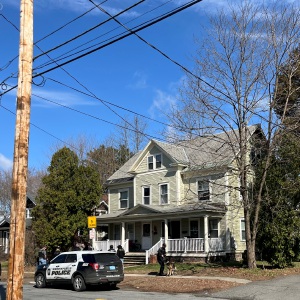 Two arrested on drug trafficking charges in Greenfield
Two arrested on drug trafficking charges in Greenfield
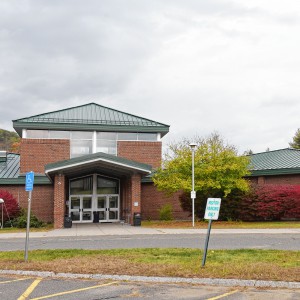 Berkshire DA says no crime occurred in student-officer relationship at Mohawk Trail
Berkshire DA says no crime occurred in student-officer relationship at Mohawk Trail
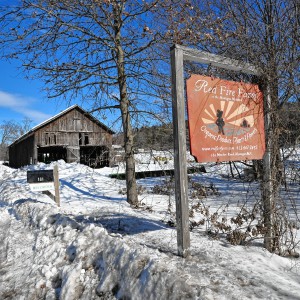 Four Red Fire Farm workers arrested as part of ICE operation in Springfield
Four Red Fire Farm workers arrested as part of ICE operation in Springfield
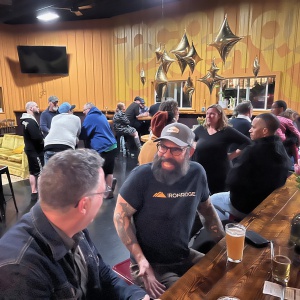 Incandescent Brewing now open in Bernardston
Incandescent Brewing now open in Bernardston
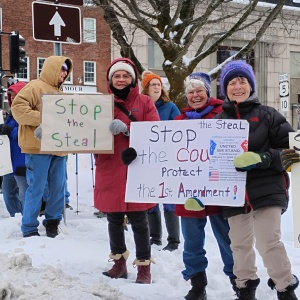 Local ‘Hands Off!’ standouts planned as part of national effort
Local ‘Hands Off!’ standouts planned as part of national effort
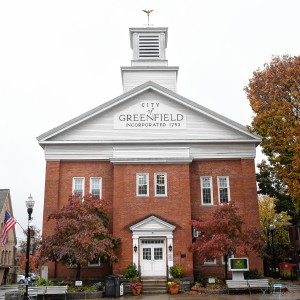 Proposed ordinance would make Greenfield a ‘sanctuary city’ for trans, gender-diverse people
Proposed ordinance would make Greenfield a ‘sanctuary city’ for trans, gender-diverse people
For further information, please visit www.savemassforests.com and while you are there, please follow the link to sign the Massachusetts Sierra Club petition to end logging on public lands in the Quabbin, Wachusett, and Ware watersheds.
Bart Bouricius of Montague and J. William Stubblefield of Wendell, for the Wendell State Forest Alliance, a citizen group dedicated to promoting forever-wild forest reserves on public lands in Massachusetts.






 My Turn: Energizing a school — and a community
My Turn: Energizing a school — and a community Guest columnist Liz Brown: Abortion care is health care
Guest columnist Liz Brown: Abortion care is health care Sam Michel: Promises made, promises kept
Sam Michel: Promises made, promises kept Paul Gallo: National infrastructure upgrade program would ‘make America great’
Paul Gallo: National infrastructure upgrade program would ‘make America great’
